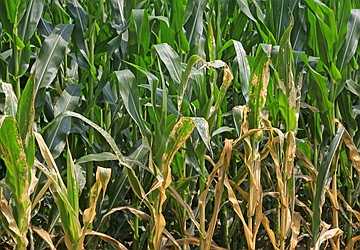Globalization is often used to denote the assimilation of people from all over the world into a single society for commercial purposes. Due to globalization, people from different cultural backgrounds can communicate and conduct business with each other despite language and cultural barriers. It paves the way for profit-oriented international trade.
The impact of globalization
Shipping costs increase
Increasing the availability of resources such as raw materials, labor, and manufactured goods for companies is one of the first benefits of globalization. Both of these facts suggest that the final product can travel farther than ever before, possibly even halfway around the globe. In the past, products were created, purchased and consumed at a much higher rate. Increased freight transport may damage the environment by:

Greenhouse gas emissions are increasing because transporting goods over long distances requires more energy and produces more pollutants. Carbon emissions have widespread impacts on biodiversity and contribute to global pollution, climate change and ocean acidification.
Loss of forest cover: Roads, bridges and other forms of land transport infrastructure are critical to the ease of human travel. There are two potential problems that can arise from this kind of infrastructure development: pollution and habitat loss.
Invasive Species: Any moving vehicle or container may harbor new species. An animal, plant, or fungus can be invasive if it can hitch a ride to a new location, where it can grow without the natural control of its native ecology.
Economic strength
Globalization enables countries and regions to focus on what they do best economically, while relying on trade relationships to maintain them. Economics expertise helps increase productivity. However, it can lead to serious environmental problems such as habitat destruction, resource depletion and deforestation.
Due to the increase in livestock farming in the country, which requires large tracts of land for grazing, overfishing has greatly contributed to marine pollution and the reduction of fish stocks in coastal areas of Southeast Asia.
Demand for cash crops such as sugar cane, cocoa, vegetables and fruits favors the destruction of natural areas, especially in the tropics.

Notably, globalization has allowed some countries to prioritize the quality of energy resources such as natural gas, oil and wood. Greenhouse gas emissions are the most visible by-products of these
Greenhouse gases are the main by-product of these energy sources and have a major impact on global warming and climate change.
Biodiversity loss
Human activities have exacerbated the loss of plant and animal life, including burning fossil fuels, dumping waste into the ocean and clearing forests for agriculture. As a result, two rapidly developing regions, Latin America and Africa, once important to world trade, have lost disproportionate amounts of biodiversity, especially ecologically sensitive reptiles, fish and amphibians.
Increase awareness
Although globalization has always had some negative effects on the environment, its spread has made people more aware of the need to protect our planet. With increased connectivity and global tourism, one can more easily see the impact of habitat loss, environmental degradation and natural disasters on ecosystems. In addition, the implementation of new policies and regulations helps prevent adverse outcomes.


